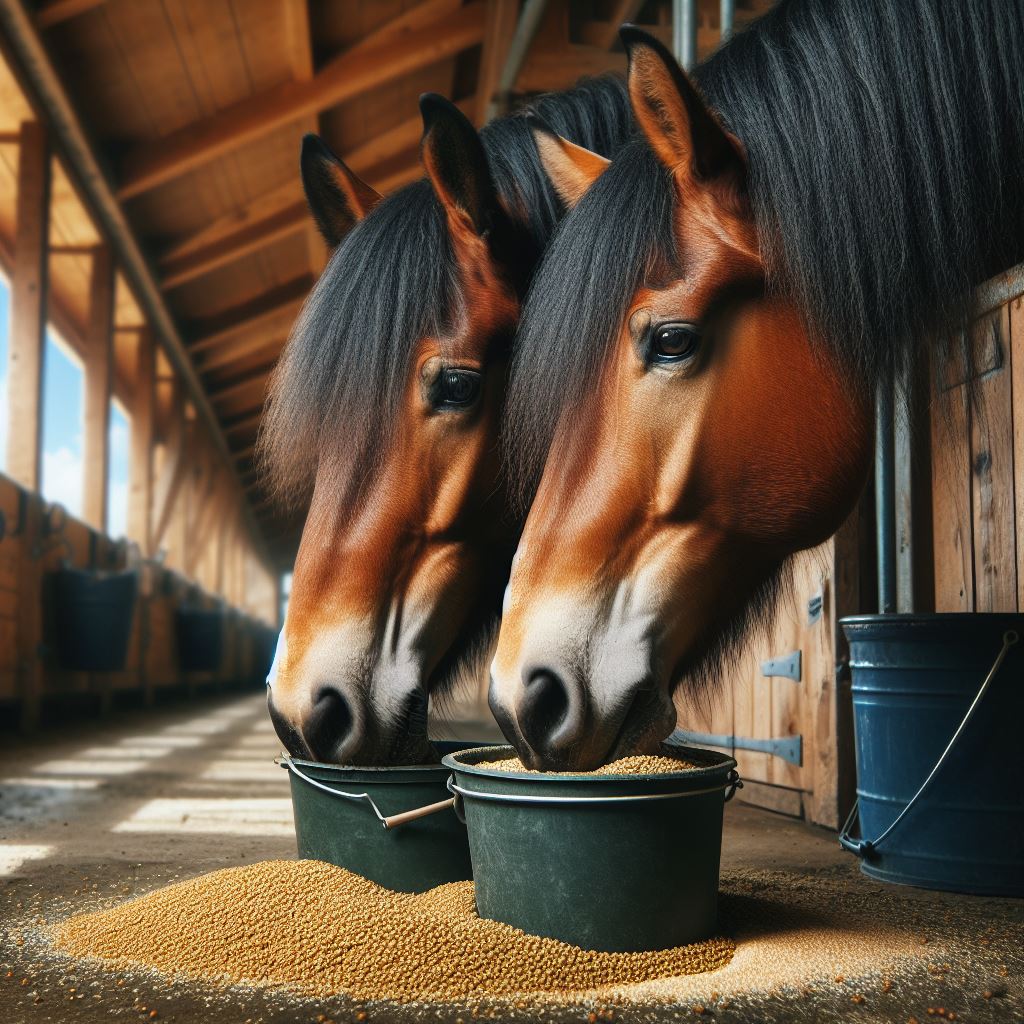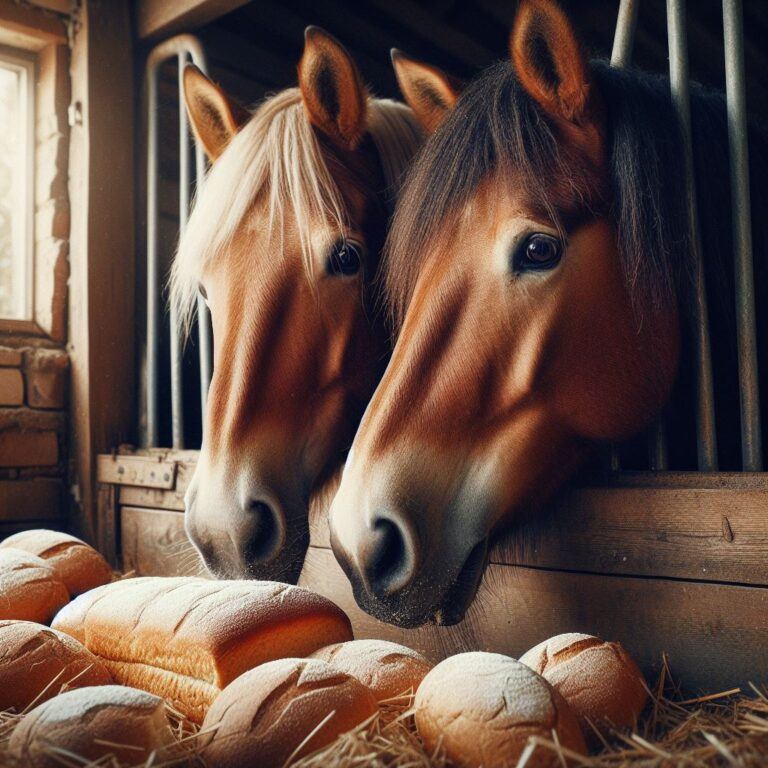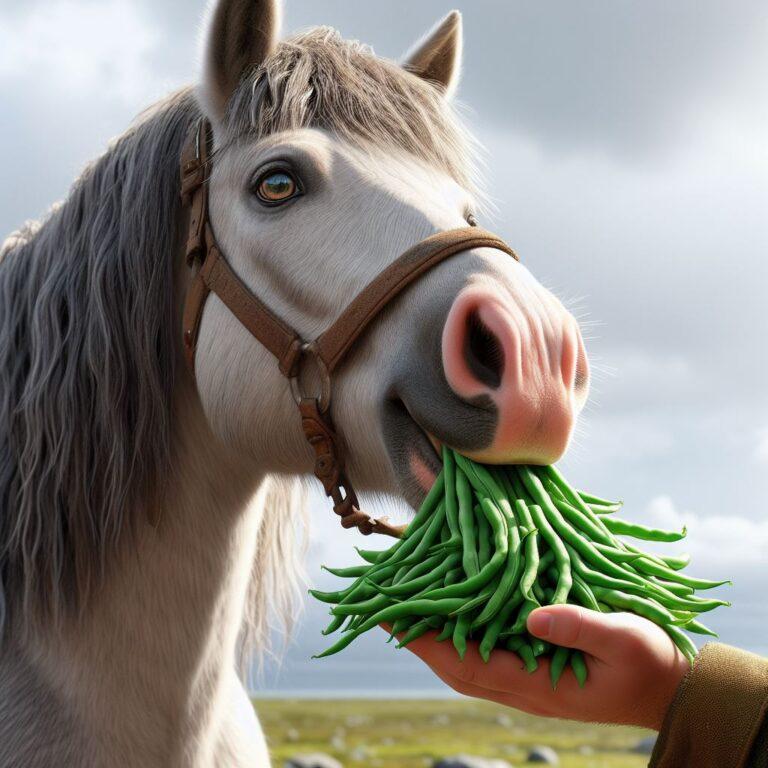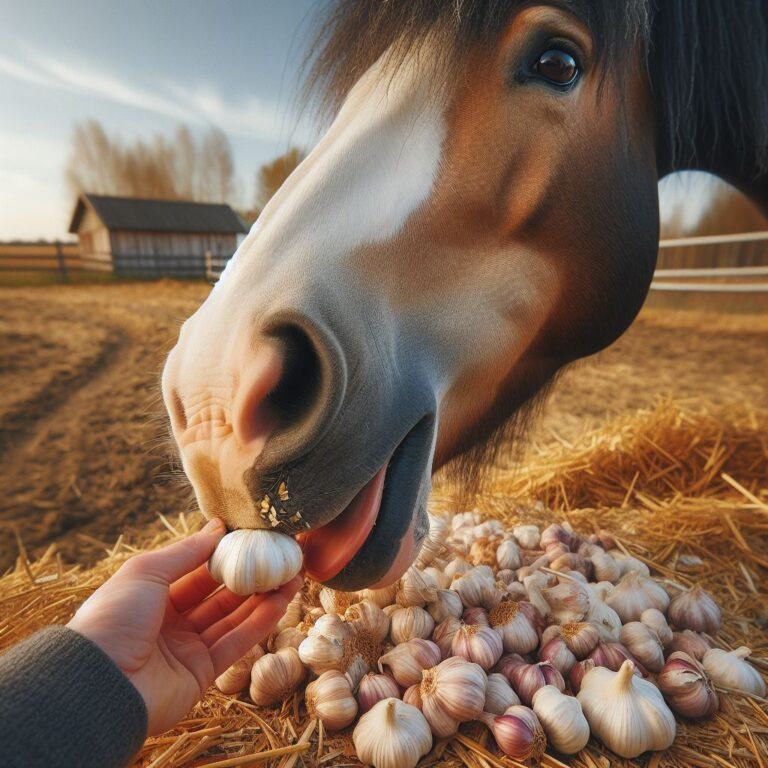Can Horses Safely Eat Barley
Yes, horses can safely eat barley in moderation as part of a balanced diet. It is a good source of calories, protein, and fiber for horses, making it a valuable feed option. However, introducing any new food like barley should be done gradually to avoid potential digestive upset.
The Nutritional Value of Barley for Horses
Barley is a cereal grain that provides a concentrated source of nutrients for horses. In terms of calories, barley contains around 1,300 calories per pound from its carbohydrate and fat content. This makes it an energy-dense feed for working horses or those requiring extra calories.
Barley is also a good source of protein, containing around 10-12% crude protein by weight.
The protein in barley is highly digestible, supplying essential amino acids to meet horses’ requirements. For comparison, oats contain about 11% protein while corn is lower at 8%.
Fiber is another key nutrient barley provides. With 17-18% crude fiber, barley offers horses valuable insoluble and soluble fiber sources to promote healthy digestion.
The fiber content is higher than oats (11%) but lower than hay (25-40%).
Barley contains an array of vitamins and minerals as well. It’s particularly high in phosphorus, with moderate levels of calcium, iron, zinc, and certain B vitamins like niacin.
While nutritious, barley should be balanced with high-quality hay or pasture grass, and of course a few of your horse’s favorite treats like carrots, apples, or even pumpkin.
Barley alone cannot meet all of a horse’s dietary needs. For mature horses at maintenance, no more than 20-25% of their total feed intake should come from barley.
Are There Any Risks of Feeding Barley to Horses
Introducing barley too quickly into a horse’s diet can lead to colic, diarrhea, gas, and other types of digestive distress.
Horses’ digestive systems cannot handle abrupt changes in feed sources, so, any new grain like barley should be transitioned over 1-2 weeks, gradually increasing portions.
Barley presents a choking risk if fed in an improper form. Whole barley should never be fed as the smooth kernels can become lodged in a horse’s esophagus.
Instead, barley must be processed through rolling, crimping, or soaking to disrupt the outer hull and allow better digestion.
Overfeeding barley can also lead to weight gain and potential obesity in horses. The high-calorie content makes it easy for horses to consume excess calories from barley if not properly measured.
This excess weight can contribute to complications like laminitis.
Some horses may have an allergy or sensitivity to barley. Signs include hives, itchy skin, difficulty breathing, or digestive upset after eating it.
So I always recommend removing barley from the diet is necessary if an allergy is suspected and to contact your local vet for advice.
Certain health conditions may also be worsened by barley’s nutrient composition. Horses with PSSM (Polysaccharide Storage Myopathy), a muscle disorder, require low-starch diets, making barley unsuitable.
Cushing’s disease, a metabolic issue common in older horses, is another condition where feeding barley is not recommended.
Finally, dental issues in horses can make properly chewing and digesting barley kernels difficult. Seniors or those with tooth problems may struggle and are better served by other feed options.
How Best to Safely Feed Barley to Horses
When purchasing barley for horses, select high-quality grains free of mold, debris, or other contaminants. Proper storage in a cool, dry area is also important to prevent spoilage.
The barley must be processed before feeding by rolling, crimping, or soaking for 12-24 hours. This helps improve digestibility by disrupting the hard outer hull.
Start by introducing barley gradually, beginning with just a handful or two mixed into the regular ration. Increase slowly over 1-2 weeks until the desired portion is reached.
For most horses, barley should make up no more than 20% of their total feed intake when combined with fresh hay or pasture grass.
When transitioning away from barley, follow the same slow, gradual process in reverse to prevent digestive upset.
Closely monitor your horse’s body condition, energy levels, and manure consistency when first introducing barley. Adjust portions as needed if any negative changes occur.
Barley may not be suitable in all situations. Avoid or limit feeding during intense training, travel, or other potentially stressful periods that can exacerbate digestive issues.
Senior horses or those with certain health conditions like PSSM may need to avoid barley completely.
If unsure about incorporating barley or any new feed, consult your veterinarian, especially for horses with special dietary needs.
They can provide personalized guidance to ensure your horse’s nutrition plan is complete and balanced.
By understanding barley’s nutrients, risks, and proper feeding practices, we, as horse owners can safely utilize this grain as part of our horse’s balanced diet.







